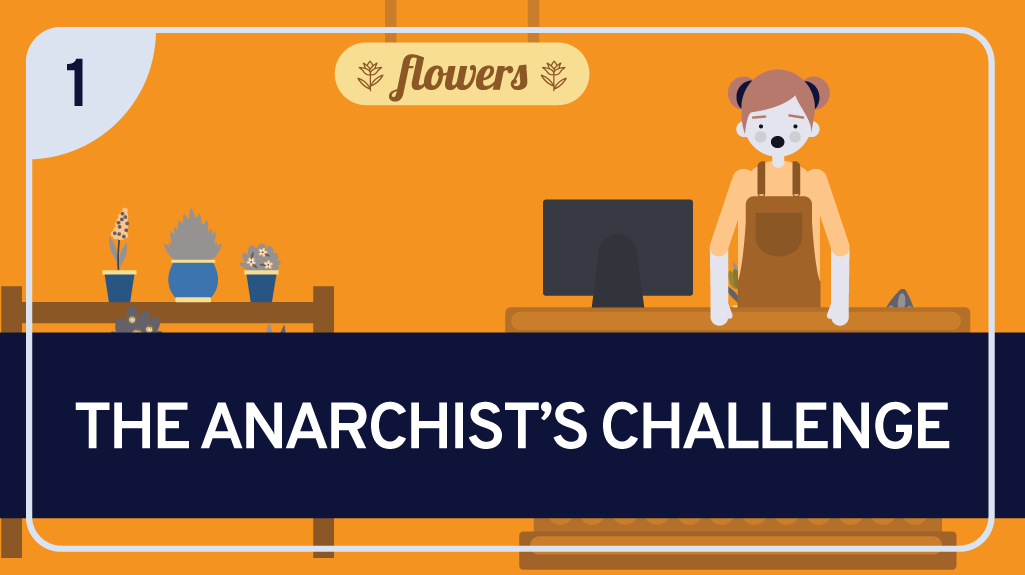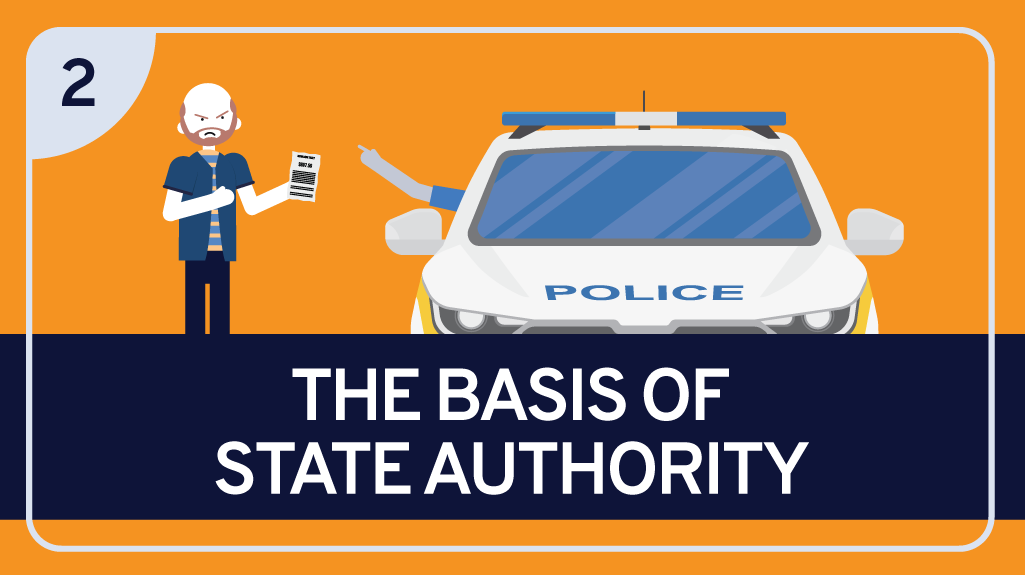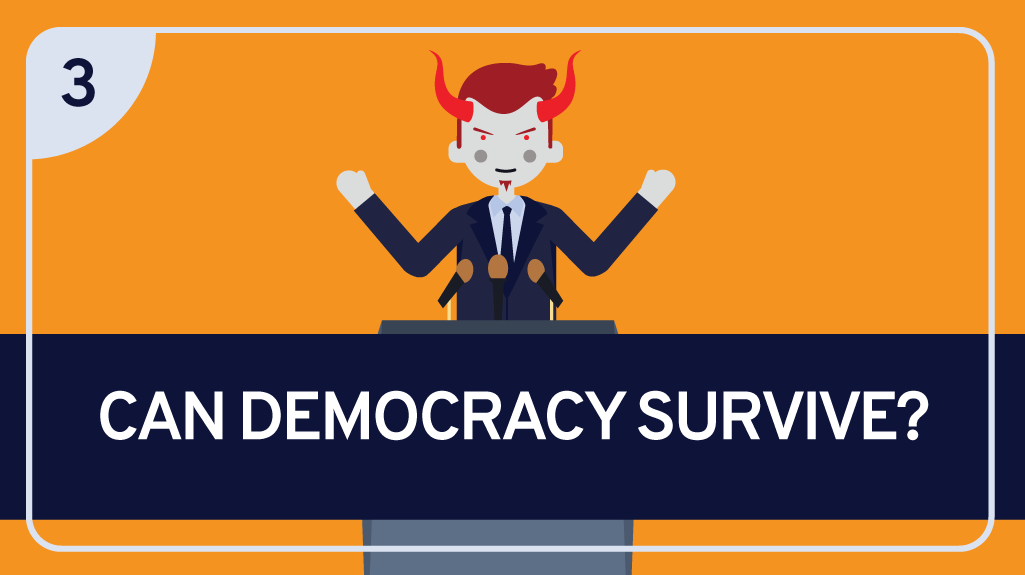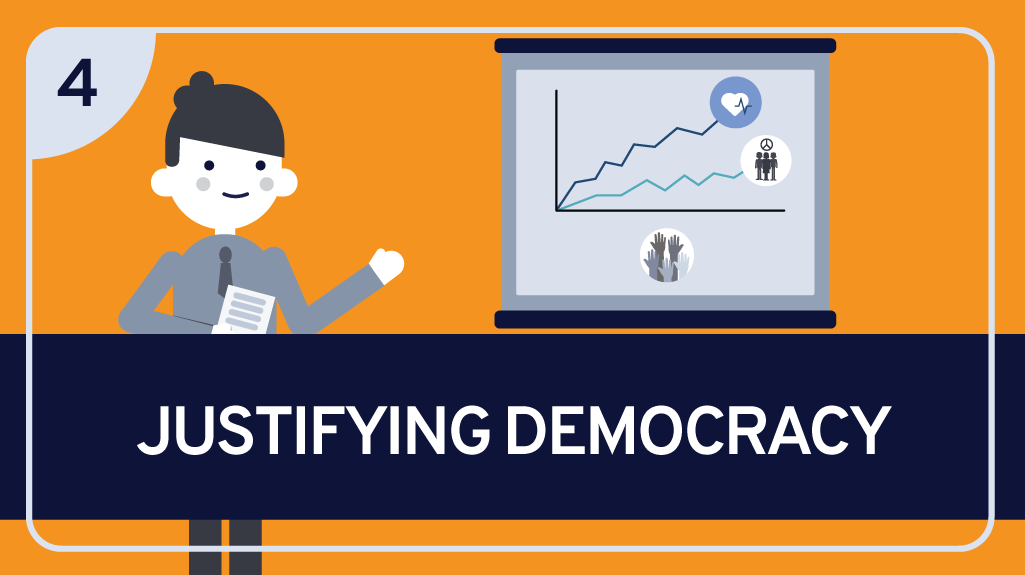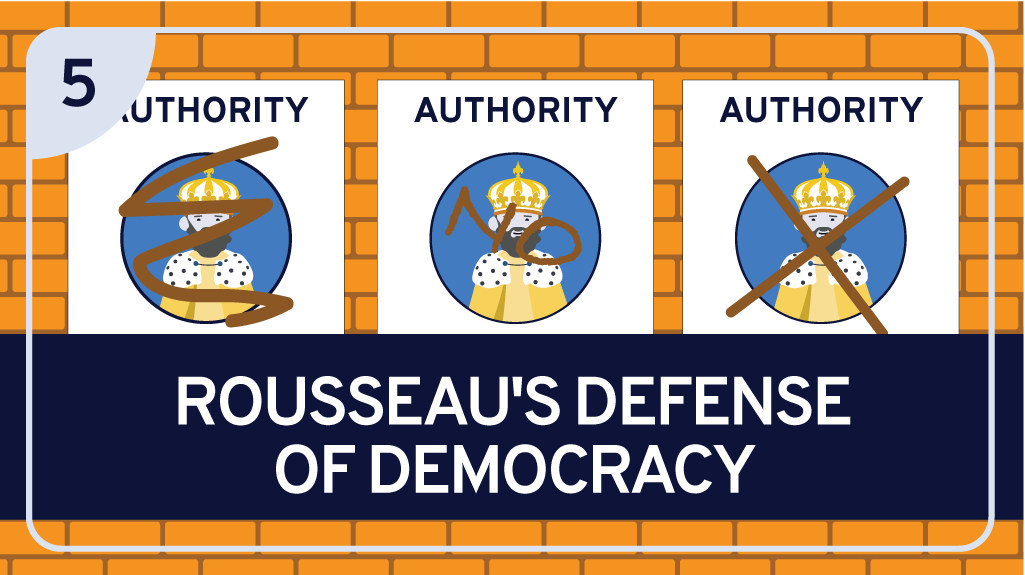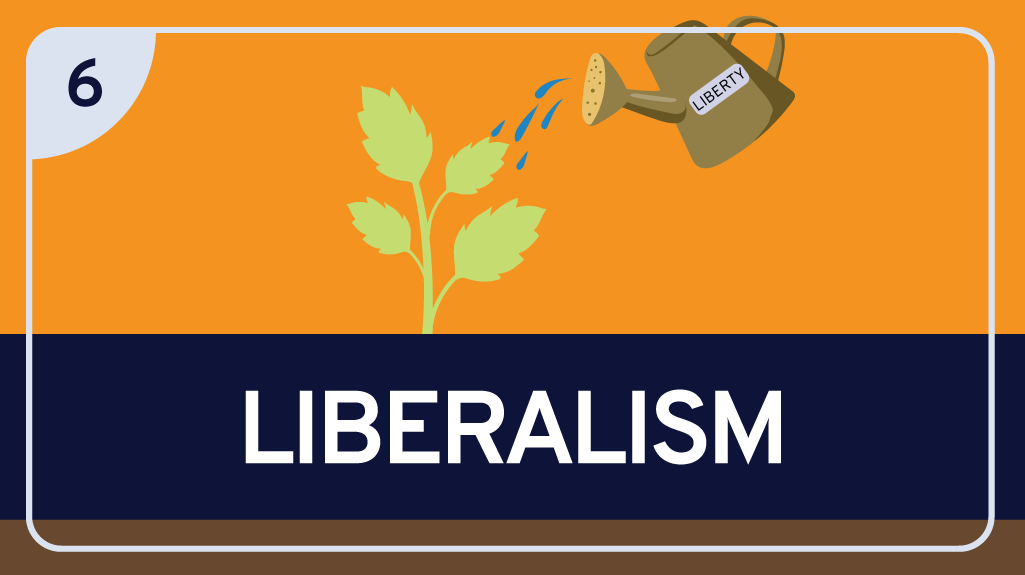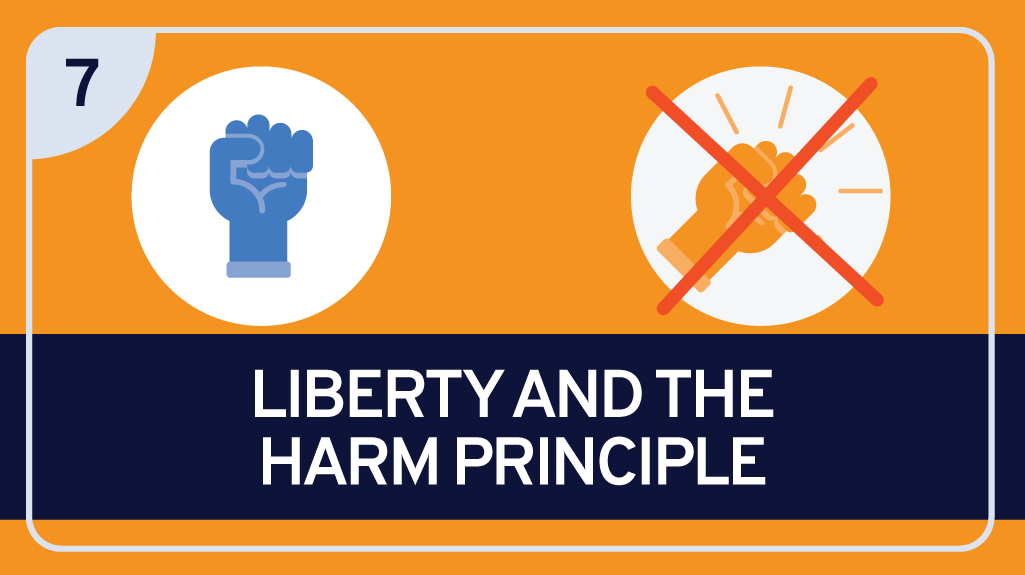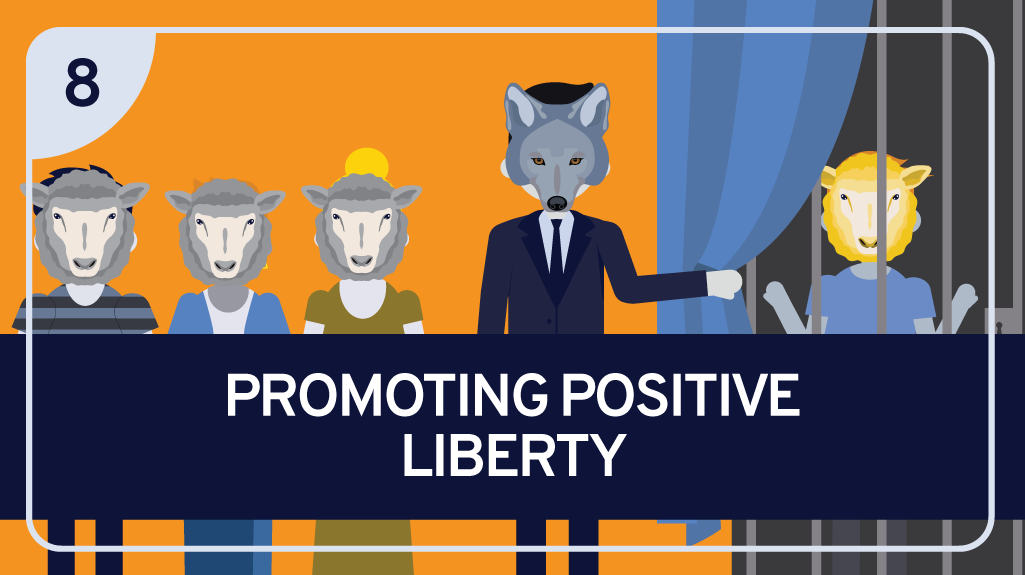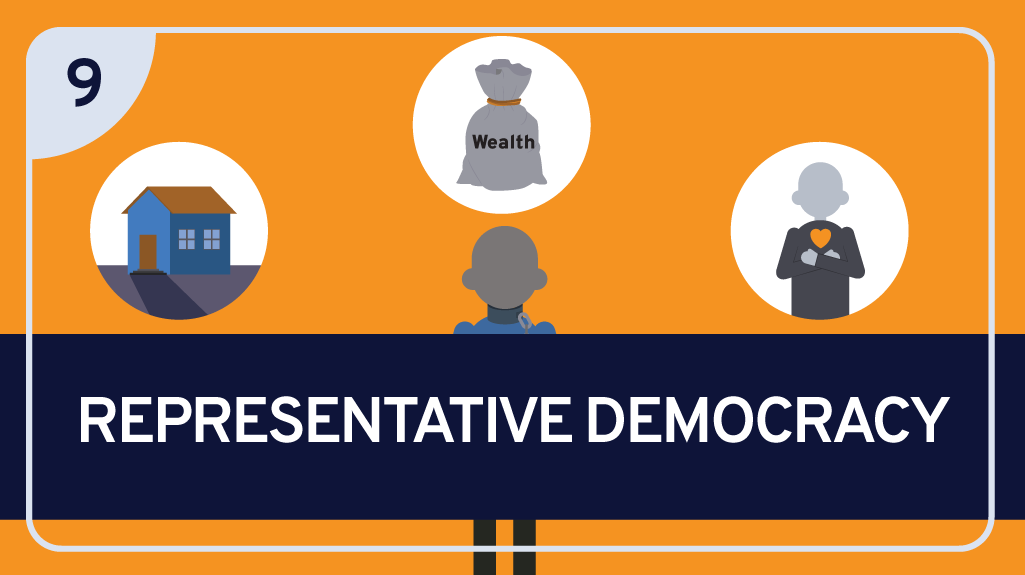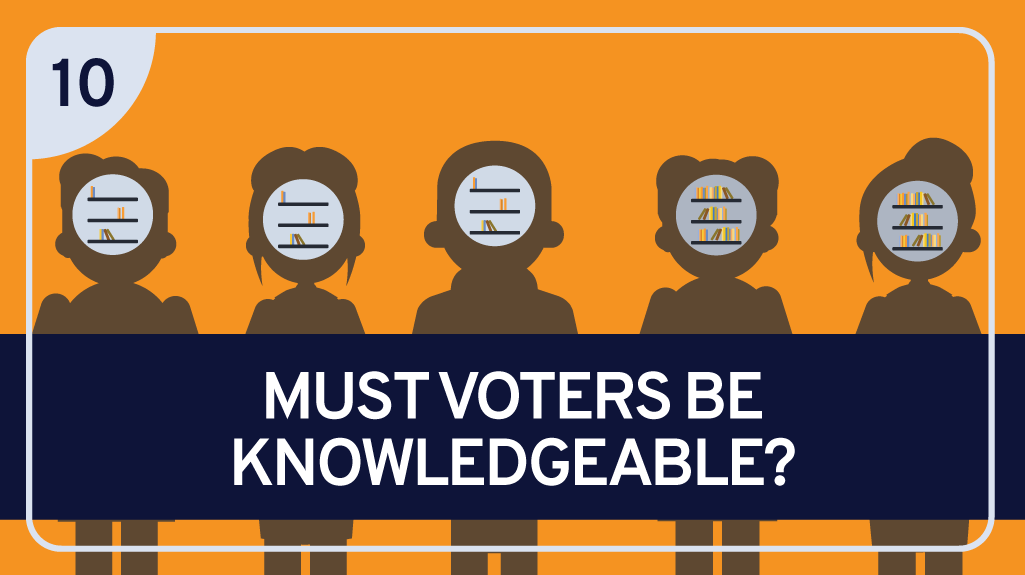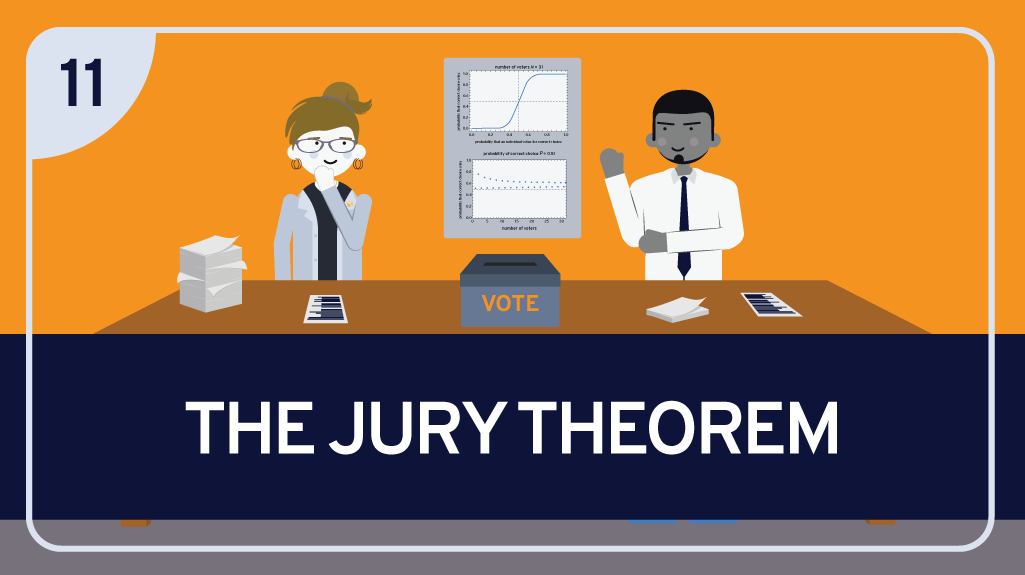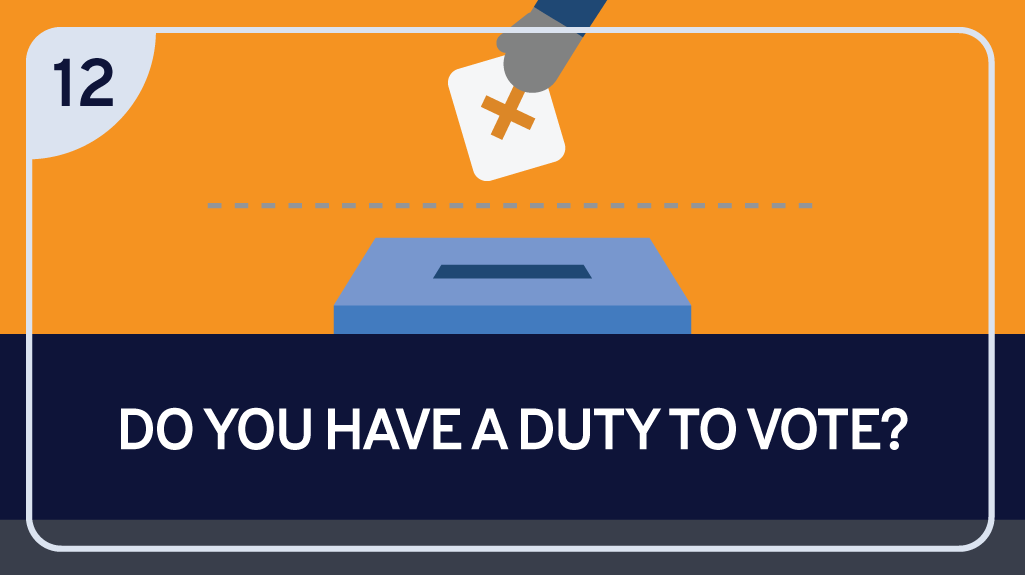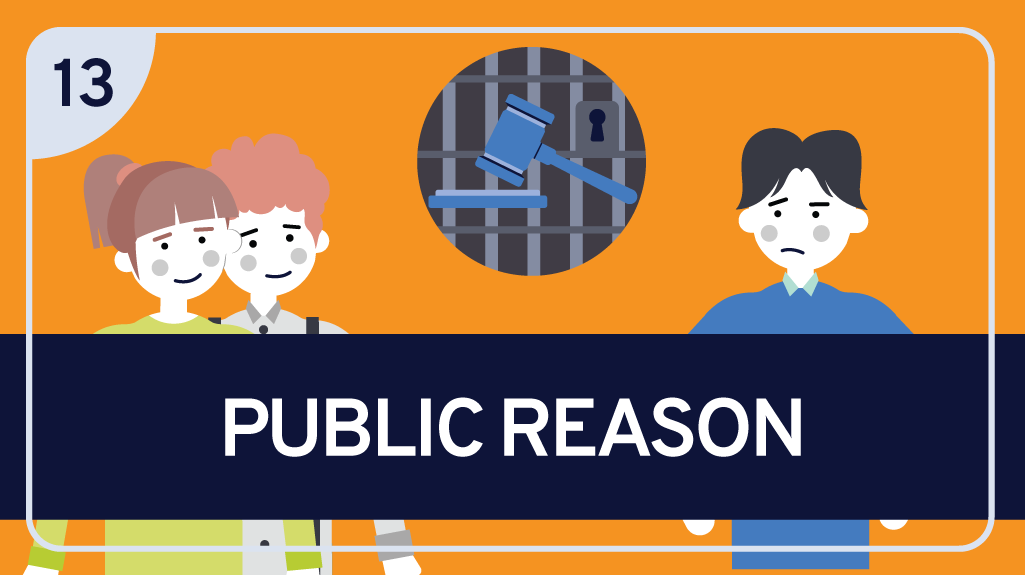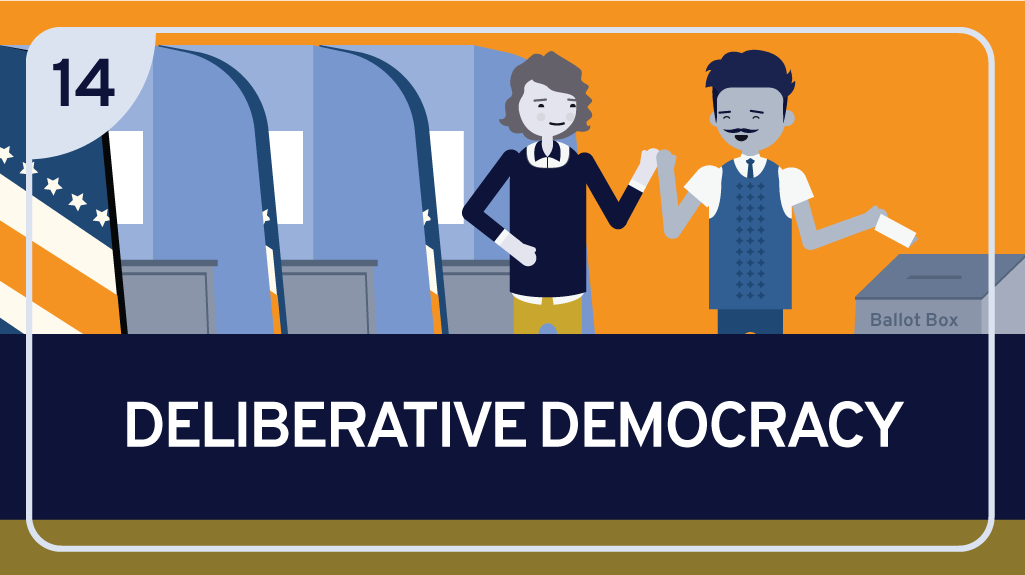MEET YOUR LECTURER
GEOFF PYNN
Geoff Pynn is Associate Professor at Elgin Community College. Previously, he taught at Northern Illinois University (NIU). He teaches on a wide range of topics. His research centers on epistemology. He’s also interested in creating connections between professional philosophers and ordinary people.
From 2011 to 2017, he was the Graduate Adviser for NIU’s successful MA program in Philosophy. He maintains a listing of funding at MA programs in the US and Canada.


